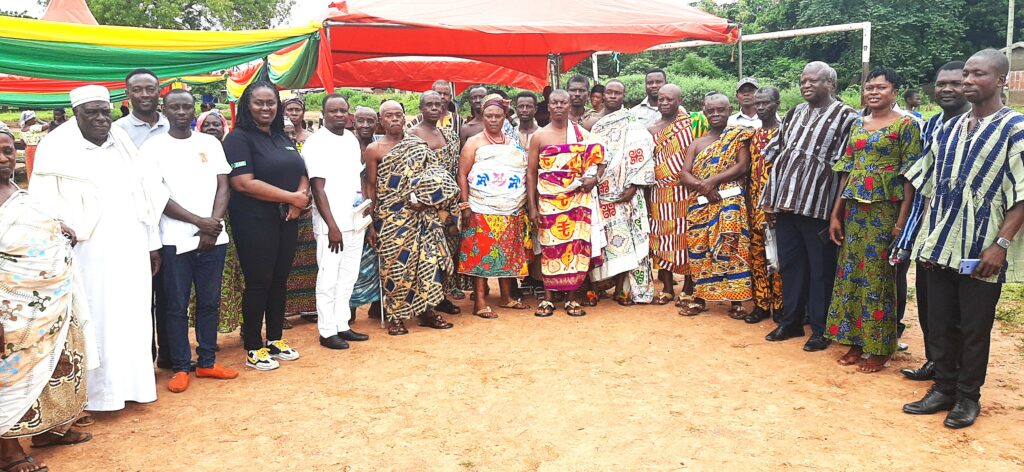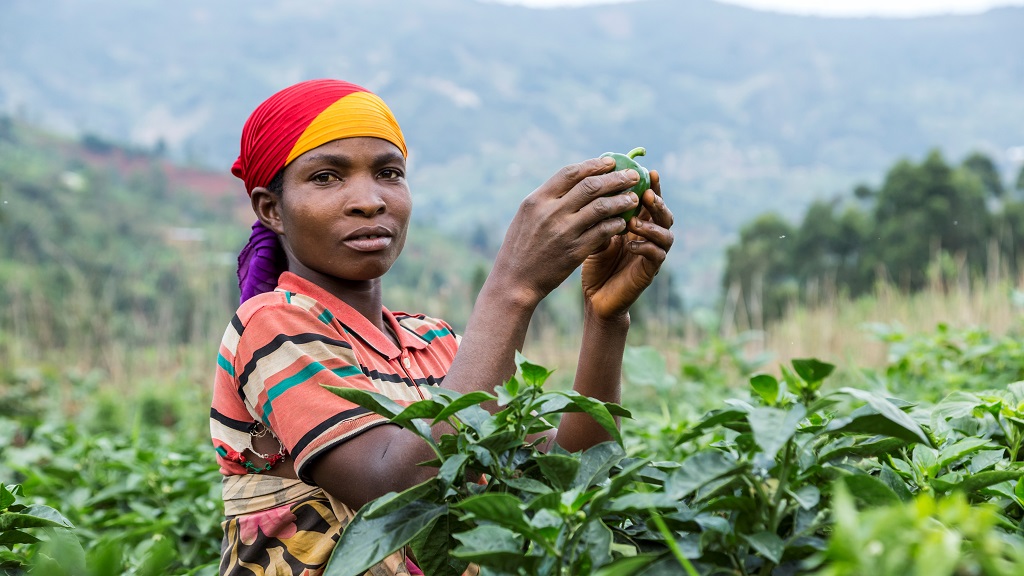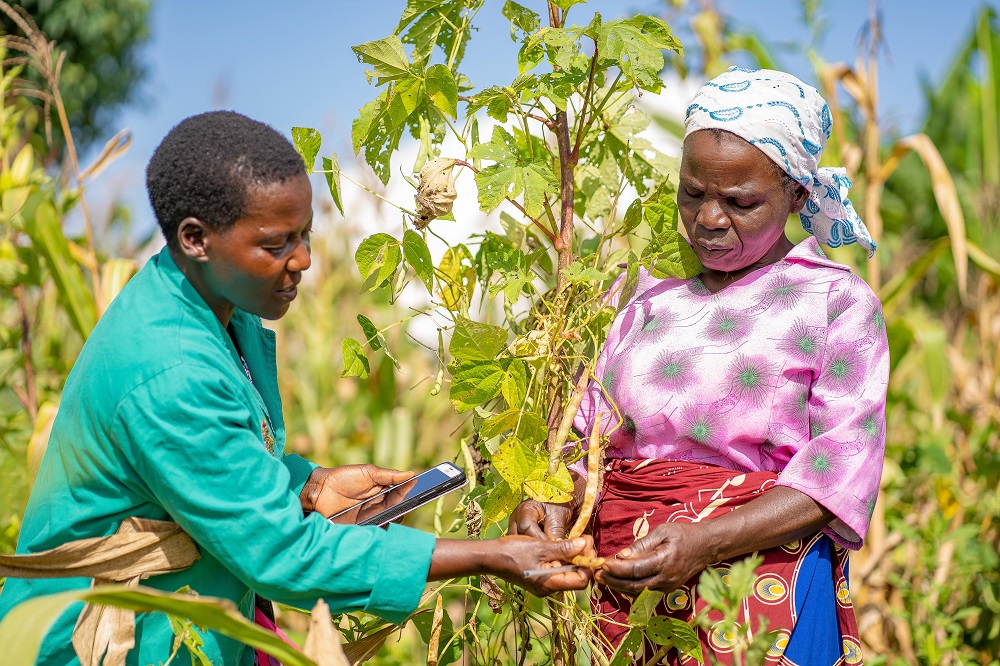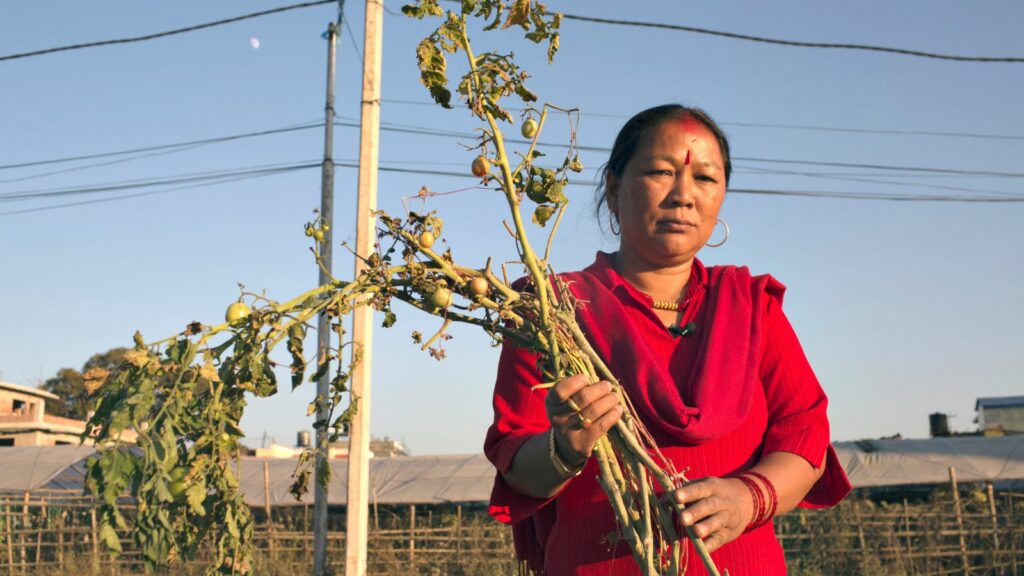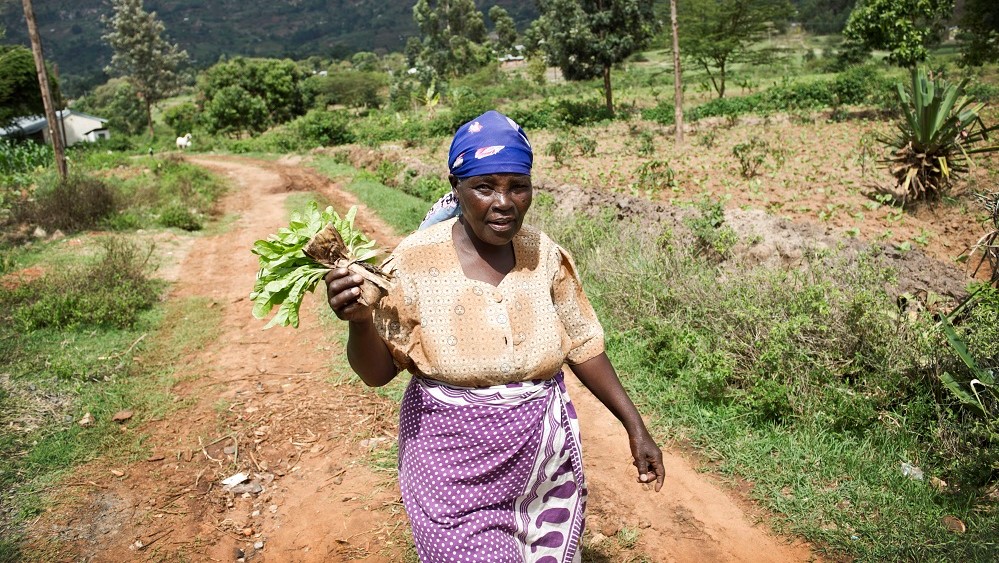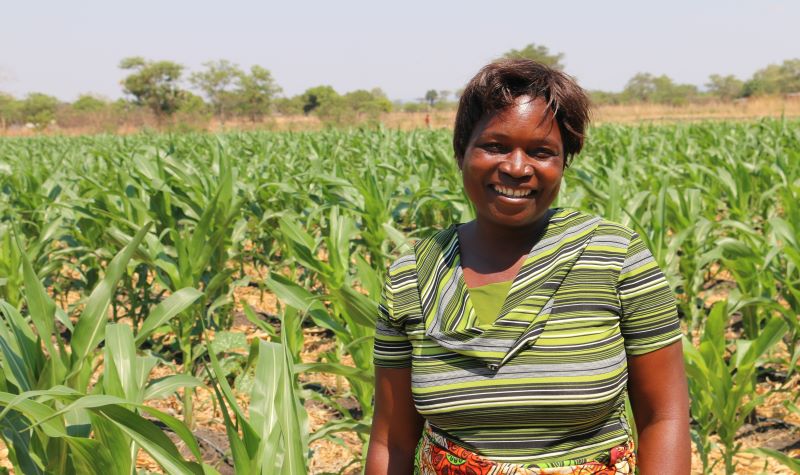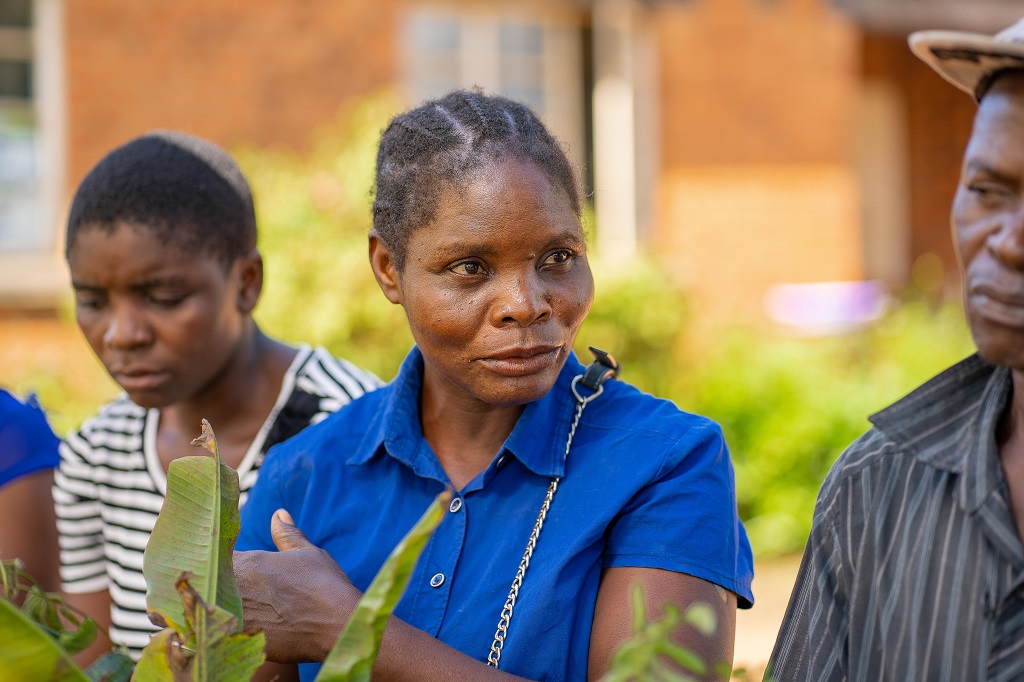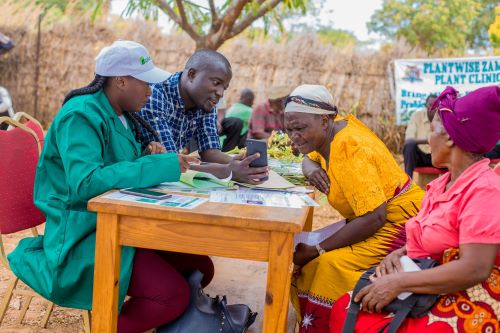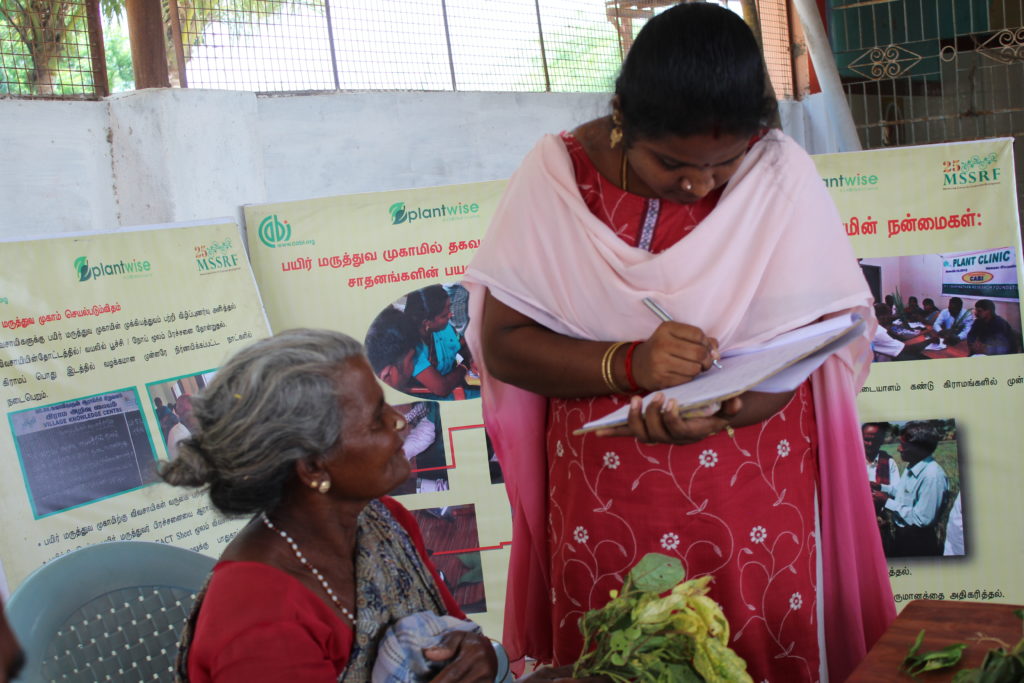Why it’s important to prioritize unpaid care work in the agriculture sector
Gender norms often prevent women from entering into productive careers in agriculture. These norms are a type of social norm related to what communities believe men and women should and shouldn’t be doing. They’re shared beliefs about typical and appropriate behaviour in a group.
Overcoming gender barriers to tomato farming in Pakistan
Tomato is an important crop in Pakistan – every year, the country produces 4.2 million tonnes of tomatoes. Growing them can be labour intensive. But research shows that tomato production has the potential to generate good incomes for rural smallholders. This includes incomes for women farmers. In Pakistan, women account for over 60% of active…
Embracing equity for women farmers
Women farmers make up around 43% of the agricultural labour force and produce over half of all food grown worldwide. Yet, when you picture a farmer, are they a woman? This year’s International Women’s Day theme is ‘embrace equity’ and its aim is to get the world talking about why equal opportunities aren’t enough. People…
Innovation on the ground can be critical for gender integration
Gender-based social norms are major barriers to women accessing agricultural extension advice and adopting new practices. Although women make up 43% of the global agricultural labour force, just how gender-equitable are extension services like Plantwise?
Women in rural agriculture: a CABI interview
Women play a significant role in agricultural production. Although women have limited say in decision-making on family farms, they make up nearly half of the global agricultural workforce. However, female farmers face a number of barriers, which must be addressed if we are to achieve a number of Sustainable Development Goals, including SDG 5: Gender…
Plant clinics: Gender impacts in Zambia
Women are key to the future of agriculture and ending world hunger. Currently, female farmers make up 43% of the global agricultural workforce and play an important role in farming production and improving food security. However, the hurdles women face are real. Women often find it harder than men to access agricultural information, finance and…

